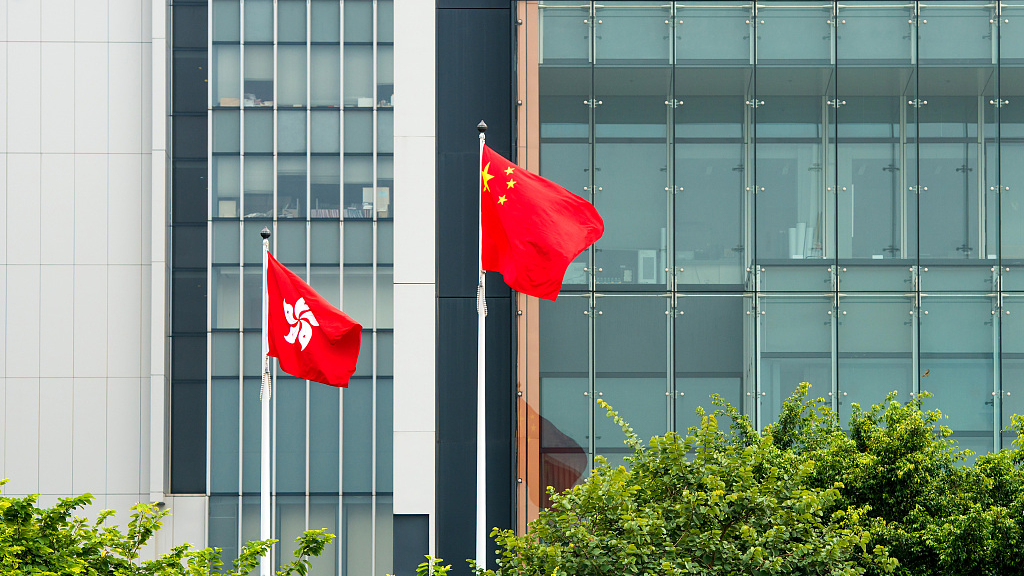01:52

Outrage continues as the U.S. signs a pair of bills into law. The Hong Kong Human Rights and Democracy Act, signed by U.S. President Donald Trump late Wednesday is seen as a blatant interference in China's internal affairs by Beijing. Chinese Foreign Ministry says China strongly opposes the U.S. move.
Chinese officials had hoped that Trump would say no to the bill, and the U.S. President also expressed concerns about complicating the effort to work out a trade deal with China.
Just last week, Trump refused to make a commitment to signing the legislation. Trump said in an interview that the U.S. has to stand with Hong Kong, but he's also standing with President Xi Jinping. He said they were also in the process of making the largest trade deal in history.
Read more:
Trump approves legislation backing Hong Kong protesters
HK govt, Chinese Foreign Ministry strongly oppose U.S. signing HK act into law
The human rights act mandates sanctions on Chinese and Hong Kong officials who carry out alleged human rights violations and entails an annual review of the favorable trade status that Washington grants the region. Another bill prohibits export to Hong Kong police of certain nonlethal munitions, including tear gas, pepper spray, rubber bullets, and water cannons.
Public reaction to the signing of the two bills is divided. Many believe the signing of the bills would harm the city's peace and stability, encouraging more violence, while others see it as a chance to put some pressure on the Hong Kong government in dealing with alleged police violence.
Johnny Ip Chun Yuen, deputy spokesperson of Democratic Alliance for the betterment and progress of Hong Kong, said the prohibition of exporting the nonlethal munitions to Hong Kong would discourage Hong Kong police to take actions on the violence as well as vandalism.
The other bill requires sanctions on human rights violations and an annual review of the favorable trade status that Washington grants the region. Hong Kong is not subject to the same U.S. tariffs that the Chinese mainland is.
Trade between Hong Kong and the U.S. reached over 67 billion U.S. dollars last year, with the U.S. running a 33.8 billion dollar surplus — its biggest with any country or territory, according to the Office of the U.S. Trade Representative.
That has a lot to do with Hong Kong's business friendly environment.
85,000 U.S. citizens lived in Hong Kong last year and more than 1,300 U.S. companies operate in the city, including almost all major U.S. financial institutions.
Analysts say if Hong Kong loses its favorable trading status, U.S. businesses that rely on the city's financial and trans-shipping services would take their offices elsewhere.